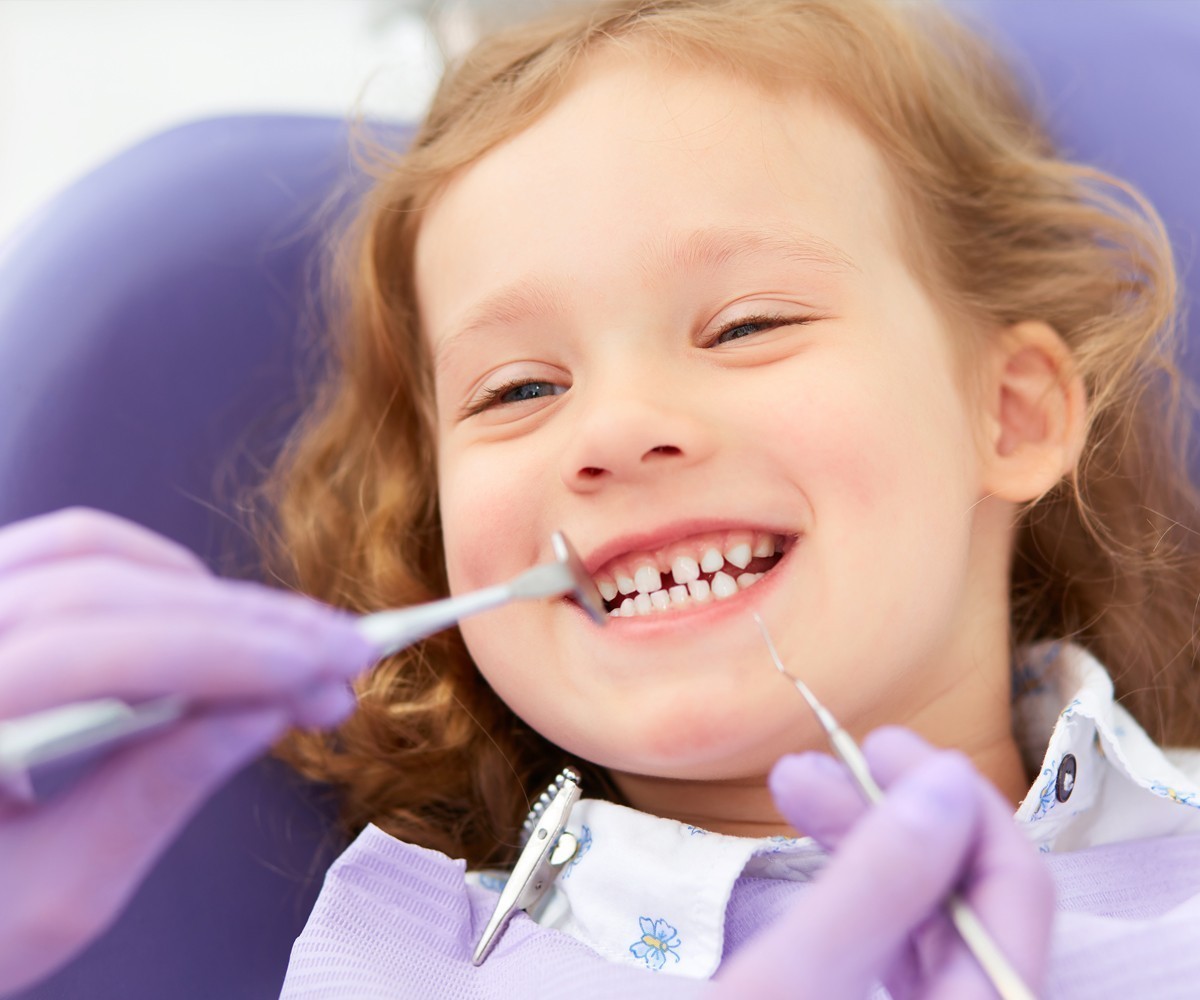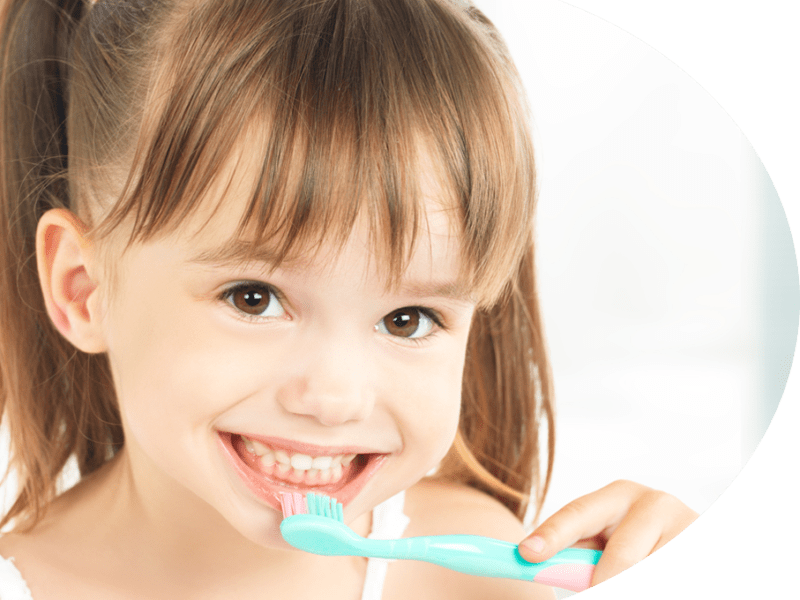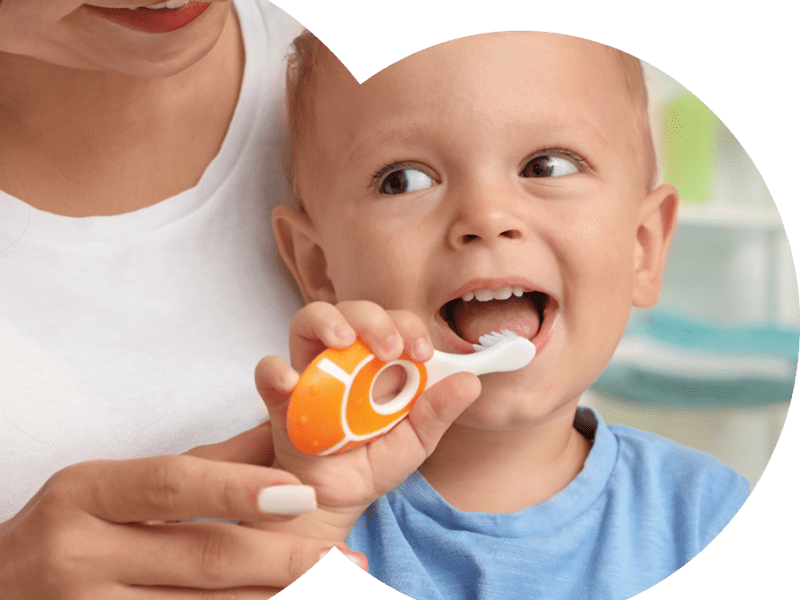You brush and floss your teeth every day, yet they are still weak and discolored. Why? If you are a frequent swimmer, chlorinated water could be a problem. Swimming is a great method for both children and adults to exercise or relax throughout the summer. However, chlorine in swimming pools can be harmful to your teeth. Hence, it is good to look for pediatric dental specialists Philadelphia to take care of your teen. Let us now look at why chlorinated water affect your teeth.
How to protect your teeth from chlorine with the help of pediatric dental specialists in Philadelphia
Keeping your pool clean with chlorinated water is an excellent approach to providing a safe environment. To protect your teeth, you should follow these guidelines:
- After swimming in the pool, brush with fluoride toothpaste and rinse well with warm water.
- Keep your mouth closed while swimming or immersing in chlorinated water.
- Have a professional examine the pH level of your home swimming pool.
- Ask lifeguards or staff at your public pool what they are doing to keep the water clean, whether they are using chlorine or non-chlorine-based remedies, and how often they are checking the pH levels.
- If you observe any changes in your teeth, make an appointment with the best pediatric oral surgeon in Philadelphia.
How Does Chlorine Affect Your Teeth?
Exposure to poorly balanced pH levels can harm your family’s teeth. Over-swimming inchlorinated pools can lead to several common dental issues:
- Swimmer’s Calculus
Chlorine can cause residue to stick to your teeth, resulting in yellow or brown discoloration. Those who spend more than 6 hours a week in unbalanced chlorinated water are particularly prone to developing this condition.
- Tooth Sensitivity & Decay:
Chlorine pools with improper pH levels, especially if too acidic, can erode dental enamel, leading to tooth decay.
- Mouth Injuries
Engaging in activities like water polo or water volleyball can increase the risk of tooth loss or jaw injuries. Using a custom mouthguard is recommended for protection during sports.
- Dry Mouth
Accidentally swallowing pool water can cause dry mouth. Reduced saliva increases the risk of gum disease. Bringing bottled water to the pool can help maintain hydration.
- Lost Dental Devices
Secure plastic dental devices like retainers or invisalign trays before swimming to prevent loss or damage. For partial or full dentures, using denture adhesive ensures a secure fit during swimming.
Wrapping it up
At Best Dentist for Kids, we specialize in providing the best pediatric dental care to ensure your child’s oral health is well-maintained. Our experienced team understands the importance of protecting teeth from the harmful effects of chlorinated pool water. By following these preventive measures and seeking the expertise of our pediatric dental specialists in Philadelphia, you can safeguard your teeth and enjoy swimming without worrying about dental issues.



